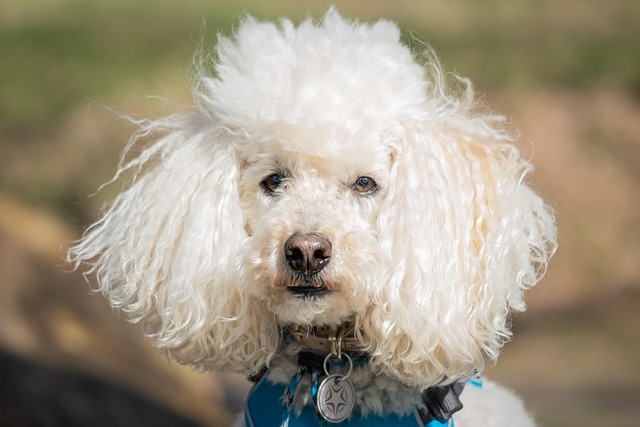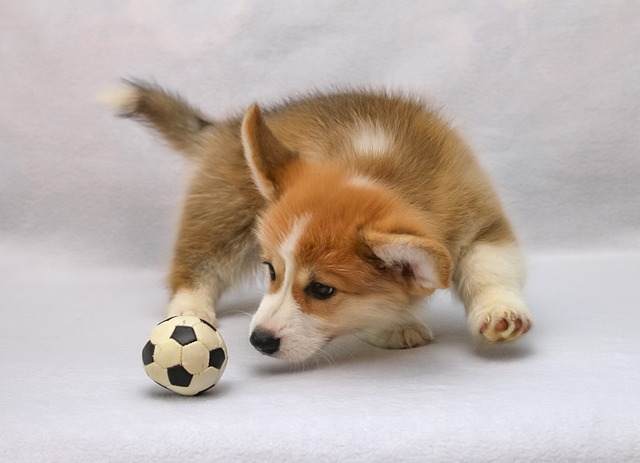When we come home from work every day, the dog always sways its tail excitedly, eagerly pouncing into our arms. At that moment, we can truly feel its deep dependence and love for us. However, when we have to go out and leave our dogs alone at home, some dogs may fall into extreme anxiety and unease, which is called separation anxiety. Watching the dog suffer from separation, our hearts are filled with heartache and helplessness. But don't worry, as long as we master scientific methods, we can help dogs overcome separation anxiety and make them feel at ease and happy even when they are alone at home.
There are various forms of separation anxiety in dogs. When the owner is ready to go out, the dog may become unusually clingy, closely following behind the owner and even blocking the owner from going out. After the owner leaves, it will keep barking and howling, with a voice full of anxiety and fear, which not only affects neighborhood relations but also makes it difficult for us to feel at ease when we are outside. Some dogs may also exhibit destructive behavior, biting furniture, scratching doors and windows in an attempt to alleviate their inner anxiety. A more serious situation is that dogs may experience loss of appetite, mental fatigue, and even defecate and urinate anywhere, even if they have learned to defecate at designated locations. These behaviors have made us realize that separation anxiety in dogs cannot be ignored.
There are multiple reasons why dogs experience separation anxiety. Early separation from their mother and peers during the puppy stage can make them feel psychologically insecure. During the critical period when they should have learned to socialize and be independent, they did not receive enough care and guidance, resulting in excessive dependence on their owners. For example, if a puppy is taken to a new owner's house before fully adapting to leaving its mother, it may develop a strong dependence on its owner due to unfamiliarity with the new environment and lack of familiar companions. Once the owner leaves, it may fall into anxiety.

The way the owner accompanies the dog can also affect its psychological state. If the owner spoils the dog excessively and makes the dog accustomed to being accompanied at all times, it will be difficult for the dog to adapt to solitude when the owner suddenly leaves. On the contrary, if the owner treats the dog intermittently and spends unstable time with them, it can also make the dog feel insecure, leading to separation anxiety.
Solving dogs' separation anxiety requires patience and time. Progressive separation training is an effective method. Firstly, leave home for a short period of time, such as a few minutes, and then gradually increase the time spent away. Before leaving each time, maintain a relaxed and natural attitude, and do not show reluctance or guilt, so as not to let the dog notice any abnormalities. When you go home, don't immediately focus too much on your dog. Instead, greet it calmly and wait for it to stabilize before giving it appropriate care and rewards. Through such training, the dog gradually adapts to its owner's departure and return.
Providing soothing items can also help dogs alleviate anxiety. You can prepare familiar toys, blankets, etc. for the dog, which have the owner's scent and can make the dog feel at ease. Some dogs are sensitive to soothing objects with sound, such as playing soft music or recordings from their owners, which can also make them feel warm and comforted when they are alone at home.
In addition, increasing the amount of exercise for dogs is also very important. A tired dog is more likely to calm down. Before going out, take your dog for appropriate exercise, such as walking, playing frisbee, etc., to consume its energy and stamina. In this way, when the owner leaves, the dog will be more willing to rest due to fatigue, reducing the occurrence of anxious behavior.
Do not punish dogs when they exhibit anxious behavior. Punishment will only make dogs more fearful and uneasy, exacerbating separation anxiety. On the contrary, when a dog is able to remain quiet and does not exhibit anxious behavior when its owner leaves, it should be rewarded and praised in a timely manner to let it know that such behavior is correct and will be recognized by its owner.
Solving dogs' separation anxiety is a manifestation of our deep love for dogs. Every training session, every companionship, we are helping dogs overcome their inner fears. Let's use scientific methods and full of love to accompany our dog through this difficult time, so that it can regain confidence and happiness. In the days to come, when we go out, dogs can watch us leave with peace of mind, and when we come home, they can still warmly welcome us. We will be pleased to know that our efforts and sacrifices are worth it.






